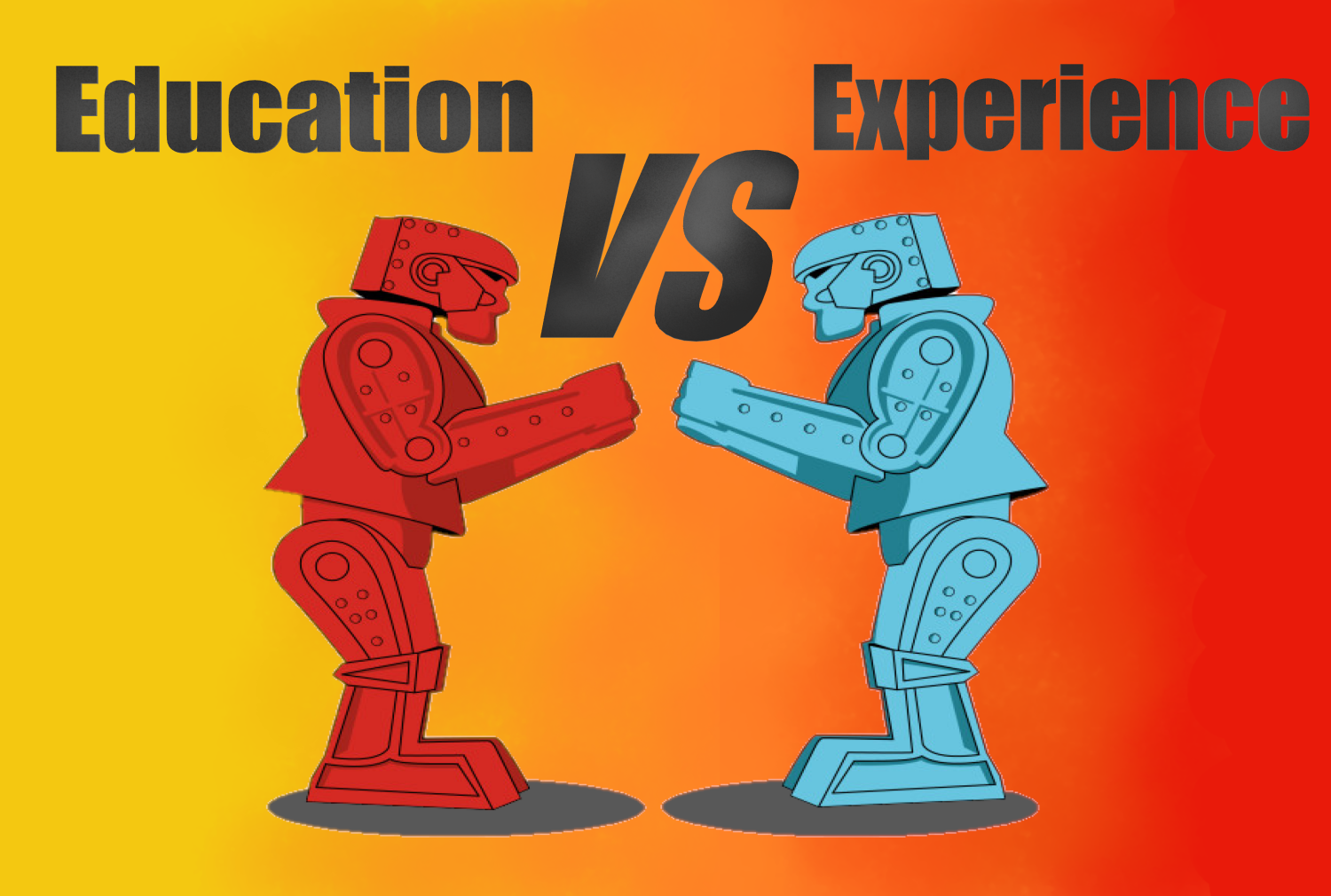By Rachel Lee – Jan 2 2019. With additional reporting by Kenneth Koh.
—
You might have read recently in the papers that data-driven jobs are Singapore’s top jobs in demand for 2019.
Data science jobs have grown 17 times between 2013 to 2017. The job of data scientist is now one of the top 5 emerging jobs in the Singapore market.
The facts are then clear: Being a data scientist now is an attractive prospect. You can expect good compensation and the ‘cool’ factor of being at the forefront of industry.
Or, maybe you are more entrepreneurial. You have big ideas that would make you the founder of the next regional tech giant, like Grab or Carousell.
But wait! You have no programming knowledge. Where do you begin?
The answer is simple: start with Python.

Why Python? Are we telling you to learn this language merely because we at UpCode Academyoffer it as a class?
No, self-interest is only one of the many reasons we are doing this. Since you’re still reading, bear with us a little bit longer and we’ll give you 5 more reasons to learn Python as your very first programming language.
1. Learning Python is good for your career prospects
We think you already know this, but let us give you more evidence to substantiate your belief.
As you’ve read above, data science is one of the fastest growing sectors in the job market today. If the idea of being a data scientist or analyst appeals to you, you’ll definitely need to learn Python since it is the programming language most commonly used in the industry.
For the curious among you, Python is so commonly used in data science today because of the data science libraries already available. Libraries contain pre-written code that programmers can make use of easily–you can think of them as templates that can be applied where appropriate.
RELATED: 4 Reasons Aspiring Data Scientists Should Learn Python

Remember using tools like the compass to help yourself draw circles and the French curve ruler to draw non-linear graphs? Libraries are just like those tools—they simplify the process. In Python, those tools are readily available. Not so for other languages.
2. Python is a versatile language
You can use it for more than just data science.
Interested in machine learning or artificial intelligence? Python is often used to code products that engage in machine learning too. Those libraries that we talked about just now? They’re a number of them available for machine learning as well.
Among other software, Python is also used to write games. And let’s not forget services like BitTorrent and Dropbox—the former used Python in some of its earlier versions and the latter still runs (partially) on Python today.
RELATED: Want To Enter The FinTech, VFX Or Gaming Industry? Here’s How Learning Python Can Help You

3. Python is the world’s fastest-growing programming language
Don’t take it from us, take it from Stack Overflow, a Q&A hub used by programmers big and small from all across the world.
Python’s growth from 2012 to 2017 can be plainly observed from the graph below.

In fact, predictive modelling suggests that Python will become even more popular over the next few years.

If this is truly your first programming language, why not go with the one that is steadily gaining popularity to ensure that you can get some use out of it over the next few years?
4. Python is an easy language to learn
The first three reasons we’ve given you are practical—Python is used in a variety of industries, by a large number of people and learning it is likely to increase your prospects at getting a decent job.
But here’s the fun part: if you understand basic English (which you ought to if you’ve made it this far in our article), Python is actually easy to learn relative to other programming languages.
Let’s take a look at two programming languages below:
This is a bit of code in C++ that tells the system to print the statement “Hello, World!”.

This is a bit of code in Python 3 that does the same thing.
![]()
In fact, Python is well-known for its clear, readable syntax that ought to be comprehensible by anyone who speaks English. So not only is the language very useful, it also isn’t all that difficult to pick up.
5. Python is backed by a wealth of resources and a supportive community

Since Python is such a popular programming language, there are lots of resources available both online and off that will teach you how to code in the language. This includes UpCode Academy’s 6-week and 2-week offline Python Development courses.
And when you’ve gotten past the basics and are finally starting to code some projects of your own, you’ll definitely face problems from time to time. That’s where you’ll need to turn to the coding community for help.
The Python community is active and willing to assist. From Python-specific forums like Python-forum.io to Stack Overflow, local group meetups (click here to see the Singapore Python User Group) to regional conferences, a Python user will have no shortage of places to go to to seek help or to even to make friends with other users.
6. Python is extensible

Besides being versatile and used in plenty of our favourite applications these days, Python is also extensible.
This means you’re able to integrate Python into other languages like Java, C and C++.
7. Python can help automate systems

While it’s best known for being a programming language, Python’s also great for Scripting and can be used to automate tasks, making it more efficient to code with.
—
This article was originally published on Think by Upcode Academy. Upcode Academy is a leading training school of programming and coding skills. Find out more about their popular training courses (Including Python courses!) here.















